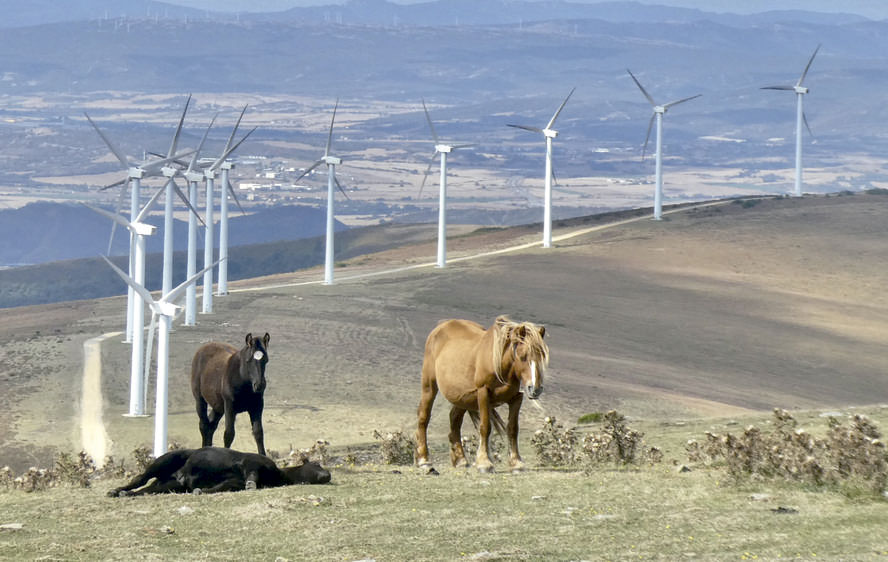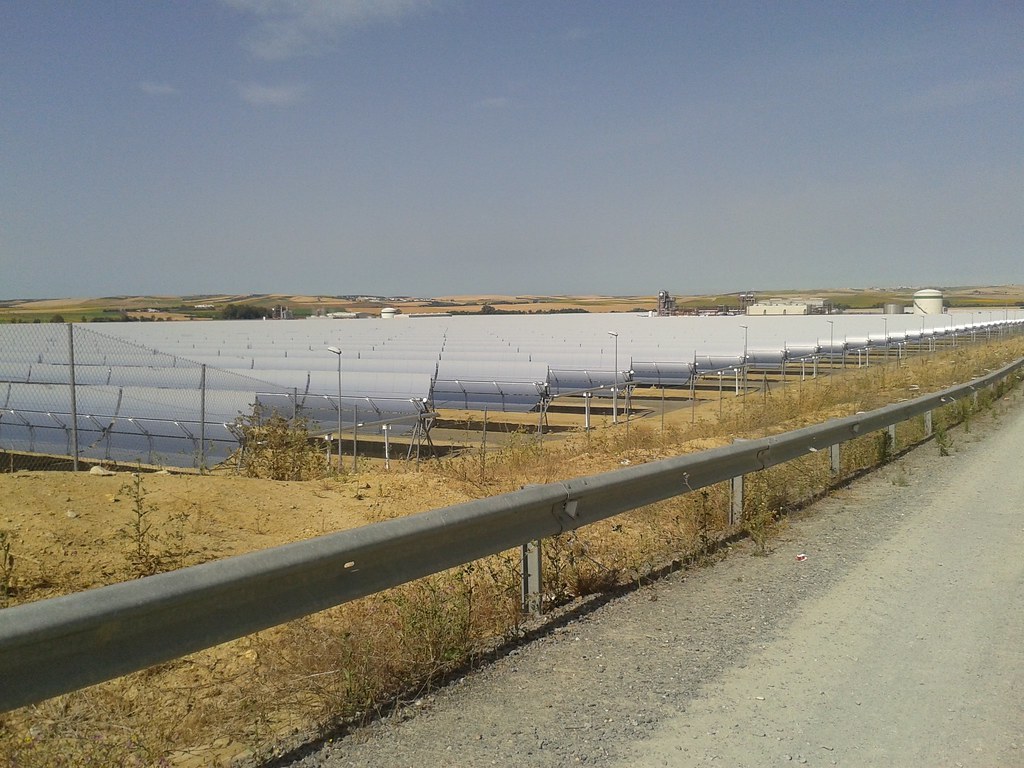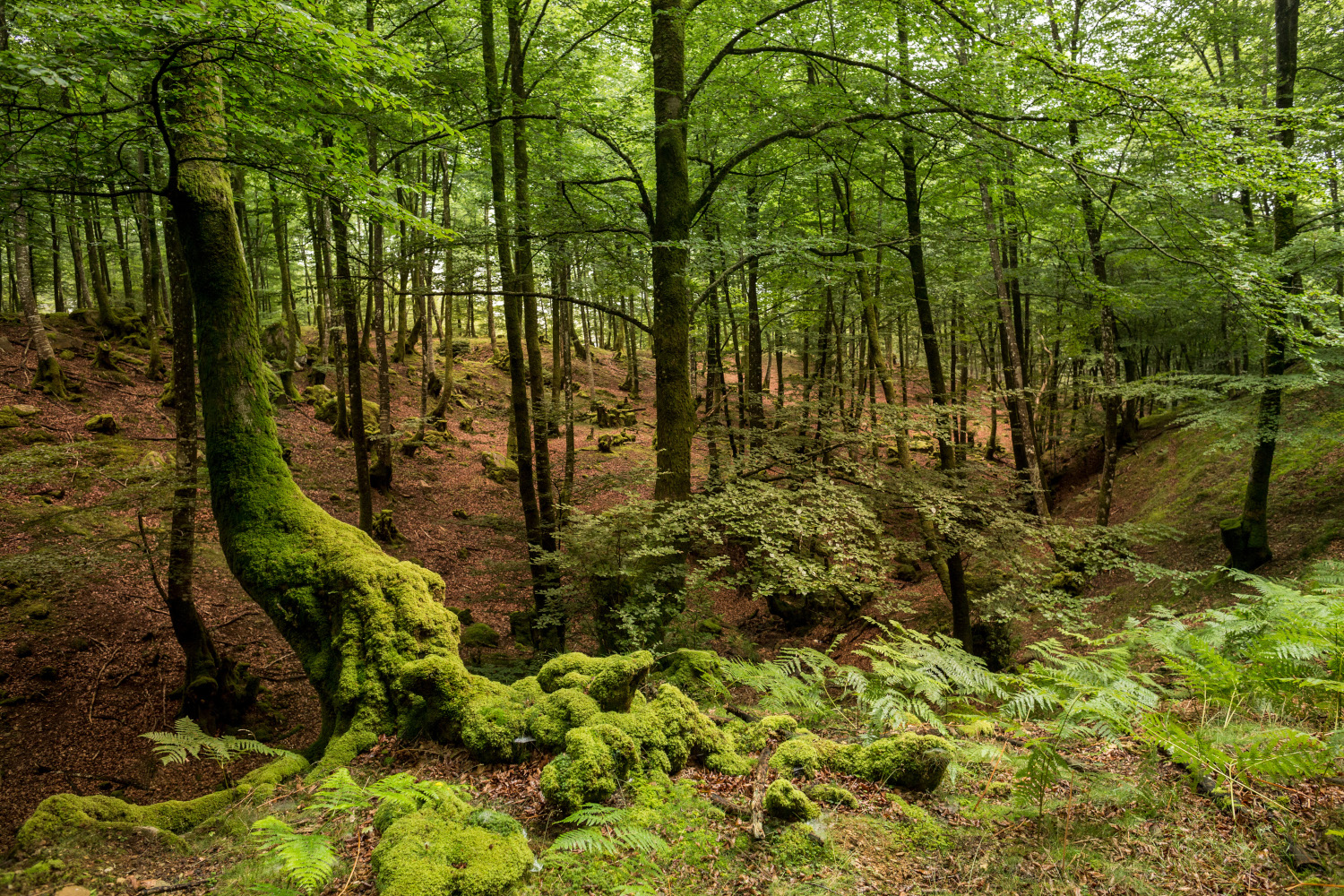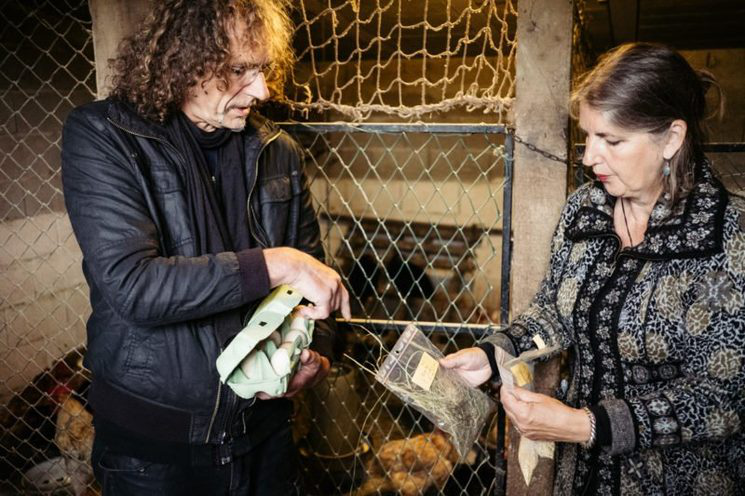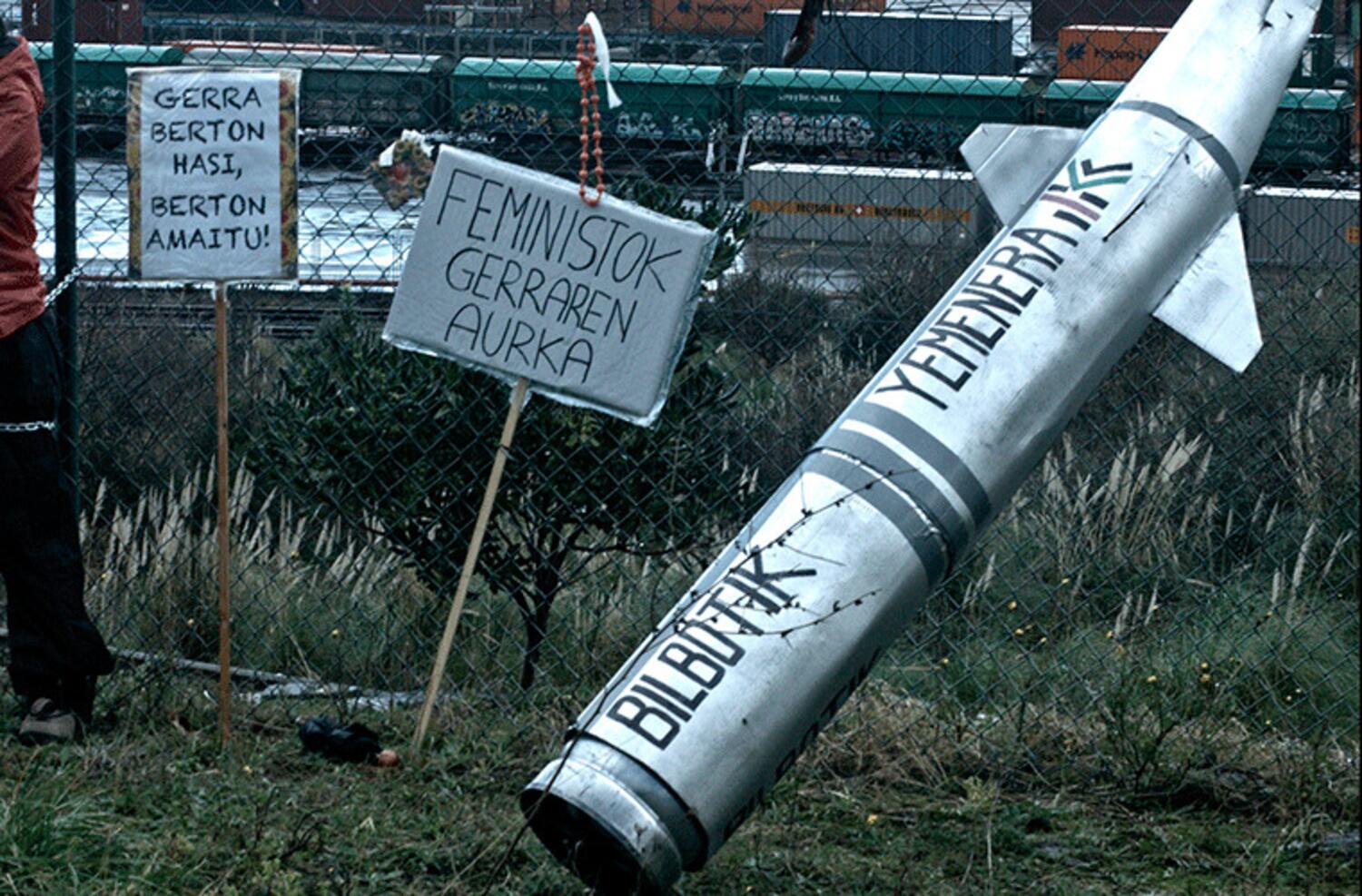Norway opens the door to mining companies to plunder the deep Arctic sea
- The Norwegian Parliament has taken an important step in the deep exploitation of minerals in the ocean, authorizing mining companies to commercially explore and exploit the deep sea, the last place in the world without human contact. Scientists and ecologists are concerned about the consequences this may have.
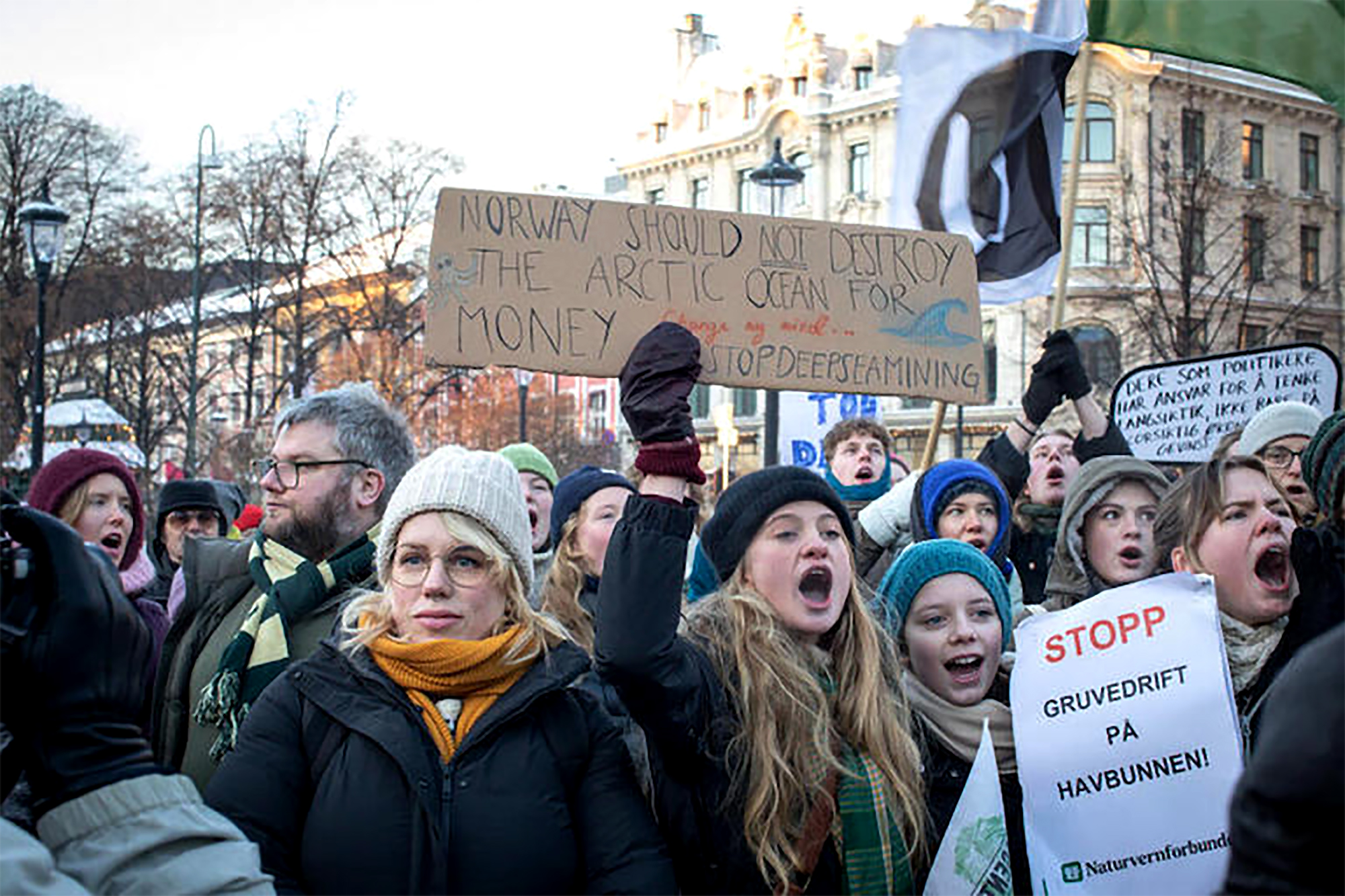
In the Norwegian Parliament, in Storting, a major vote was taken on Tuesday, with a concentration of external activists. Parliamentarians have given the green light to exploit the country’s immense natural heritage. The bill has won 80 votes in favour and 20 against.
In the Arctic Sea, between Norway and Greenland, the law would permit the exploration and exploitation of 280,000 kilometres, a wider area than the United Kingdom. So Norway becomes the first country in the world to do this.
The deep seabed of the oceans is at the frontier of mining companies for existing minerals and natural resources. In particular, copper, cobalt, zinc and gold are those that seek, necessary for the renewable energy industry, such as wind turbines or electric car batteries.
“We don’t know what we are going to put at risk”
A study of stractivists detected a “significant” amount of metals and minerals in the deep ocean, owned by Norway. Those who have defended their exploitation say that it will allow a faster leap to the energy transition without fossil fuels. But ecologists have been very critical. “It’s a big leap in the wrong direction,” explains CNN Frode Pleym, head of Greenpeace in Norway.
According to scientists and ecologists, it is very difficult to say how damage to the seabed ecosystems will be, among other things because we do not know what there is: “We don’t know what we are going to put at risk, because we don’t even know,” explains Pleym.
Scientists are also concerned about the carbon that will flow with the fossil fuels to be used in the extraction process, as well as the release of carbon stored on the seabed, which can accelerate climate change.
Some mining lobby experts, although Pleymen believes it can be a matter of months, warn CNN that it will still take time to start mining, and that it will be commercially profitable because it is “very difficult” to extract.
Scientists are also concerned about the carbon that will flow with the fossil fuels to be used in the extraction process, as well as the release of carbon stored on the seabed, which can accelerate climate change. In fact, about 800 European scientists and 100 politicians have called for a moratorium on the Norwegian Government.

We don't need seabed minerals.
On the other hand, a report by the Environmental Justice Foundation upholds the argument that it is the step towards making the energy transition possible.
Published on the same day of voting at Storting, the study concludes that combining technology, circular economy and recycling can reduce the use of these minerals by 58% by 2050. “Deep sea mining is looking for unnecessary minerals that will cause unacceptable ecological damage,” said the foundation’s president, Steve Trent.
The United Nations International Seabed Authority launched last March the regulatory approval process to “explore” the world’s marine depths, as Jenofa Berhokoirigoin told at the next Net: “We have a sokatira to death. If they win, we will all be losers.”
Lehengai anitzekin papera egitea dute urteroko erronka Tolosako Lanbide Heziketako Paper Eskolako ikasleek: platano azalekin, orburuekin, lastoarekin, iratzearekin nahiz bakero zaharrekin egin dituzte probak azken urteotan. Aurtengoan, pilota eskoletan kiloka pilatzen den... [+]
Today’s Venice is built on an archipelago of 118 islands. These islands are connected by 455 bridges. The city is based on mud rather than Lura. Millions of trees in the area were cut down from the 9th century onwards to build piles and cement the city. Years have passed and... [+]
Alemanian zentral nuklearren itxierak izan duen “eragin negatiboa” kontuan izateko eskatu dio erakunde horretako buru Fatih Birolek Pedro Sánchezen exekutiboari. Iberdrola, Naturgy eta Endesa multinazional elektrikoak ere presio egiten ari dira itxiera egutegia... [+]











